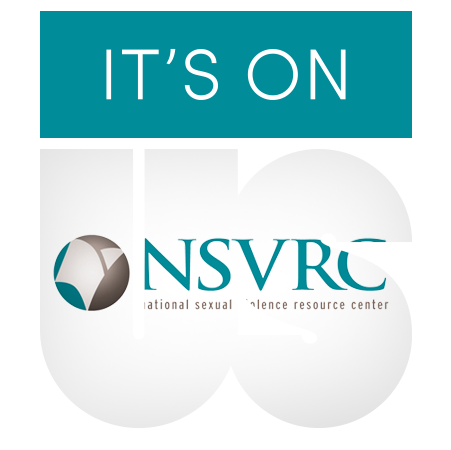In the sexual violence field, the term “primary prevention” is used, which means stopping sexual violence before it even has a chance to happen. Primary prevention challenges out-of-date and victim-blaming attitudes that place the onus on potential victims to protect themselves and frames sexual violence as a  public health issue. Primary prevention requires that we make the connection between all forms of oppression (including racism, sexism, homophobia, ableism, adultism, ageism, and others) and how these create a culture in which inequality thrives and violence is seen as normal. Effective prevention efforts utilize prevention theories to change communities, shift social norms, end oppression, and promote norms of equity, consent, and safety for all.
public health issue. Primary prevention requires that we make the connection between all forms of oppression (including racism, sexism, homophobia, ableism, adultism, ageism, and others) and how these create a culture in which inequality thrives and violence is seen as normal. Effective prevention efforts utilize prevention theories to change communities, shift social norms, end oppression, and promote norms of equity, consent, and safety for all.
The National Sexual Violence Resource Center (NSVRC) Evaluation Toolkit was created for prevention workers at the local and state levels to increase the capacity to implement program evaluation for sexual violence prevention work by providing tools and guidance for both program implementers and those who support them. The toolkit includes rubrics, case studies, existing measures and many more resources to provide support for professionals.